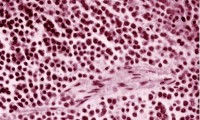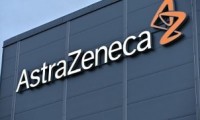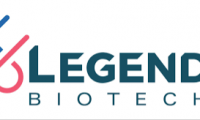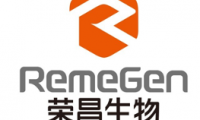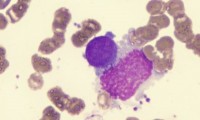-
Cell Therapy Now Set to Reach More Patients With Expanded FDA Nod for 2 Multiple Myeloma Drugs
- Source: drugdu
- 97
- April 10, 2024
-
Touchlight joins forces with University of Liverpool for NSCLC vaccine
- Source: drugdu
- 84
- April 9, 2024
-
AstraZeneca reports positive Phase III results for Imfinzi in small cell lung cancer
- Source: drugdu
- 160
- April 9, 2024
-
Legend Biotech’s “CARVYKTI®” was approved for second-line indications in the United States
- Source: drugdu
- 108
- April 8, 2024
-
RemeGen’s Telitacicept (RC18) Granted Fast Track Designation by United States FDA for Treatment of Primary Sjögren’s Syndrome
- Source: drugdu
- 129
- April 8, 2024
-
Poolbeg’s cytokine release syndrome drug shows potential
- Source: drugdu
- 103
- April 7, 2024
-
Xilio fires 21% of its workforce and reprioritises pipeline
- Source: drugdu
- 77
- April 5, 2024
-
Cellenkos links with Mount Sinai to explore CK0804 for myelofibrosis
- Source: drugdu
- 74
- April 5, 2024
-
FDA Approves Alexion’s Voydeya as Add-on Treatment for Adults with Extravascular Hemolysis
- Source: drugdu
- 89
- April 4, 2024
your submission has already been received.
OK
Subscribe
Please enter a valid Email address!
Submit
The most relevant industry news & insight will be sent to you every two weeks.

